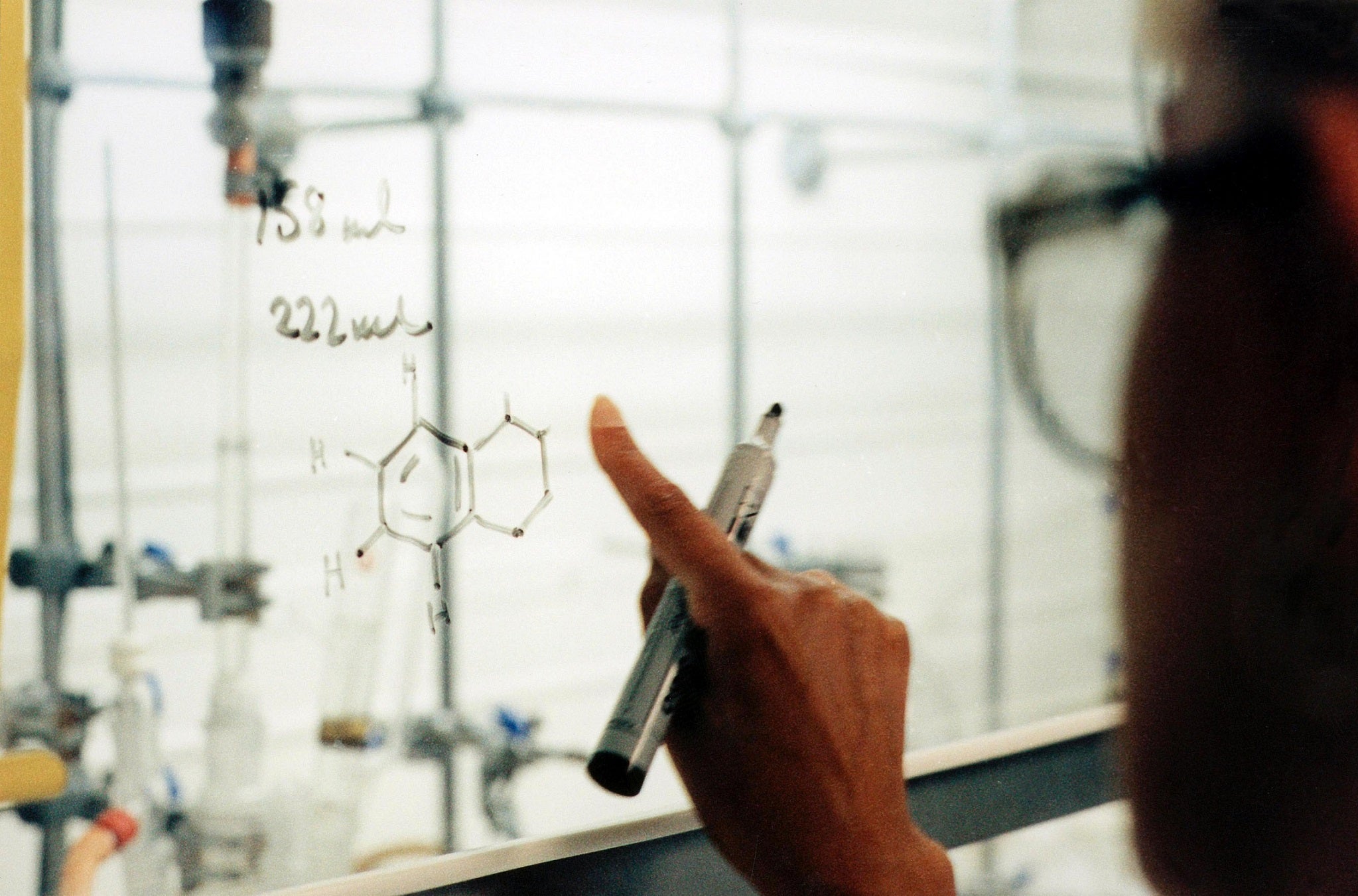
AstraZeneca’s proposed $39bn acquisition of rare disease therapy company Alexion Pharmaceuticals has passed a US Federal Trade Commission (FTC) review.
Cambridge-based AstraZeneca (AZ) first announced its intention to buy out Alexion in December. The US green light follows approval in Brazil, Canada, Colombia, Russia and Turkey, with regulatory clearances in countries including the UK, EU and Japan still pending.

Discover B2B Marketing That Performs
Combine business intelligence and editorial excellence to reach engaged professionals across 36 leading media platforms.
The FTC had signalled last month that it would begin scrutinising large pharma deals more closely – but despite being the largest biopharma M&A announced in 2020, AZ’s proposal was cleared by the government agency without a hitch.
AZ builds its presence in crucial rare disease sector
The acquisition of Boston-headquartered Alexion, which currently has five approved therapies for seven rare diseases and devastating conditions, will enhance AZ’s presence in the lucrative rare disease space. The rare disease area is one of rapid innovation and significant unmet need; of the 7,000-plus rare diseases known today, only around 5% have FDA-approved treatments. According to analysis by Evaluate Pharma, demand in the space is predicted to grow by a low double-digit percentage in the coming years.
Rare disease research programmes have often faced an uphill struggle, from gaps in funding and difficulties in translating pre-clinical results in human patients to the challenges of generating sufficient trial data from comparatively tiny patient populations. But several rare disease treatments were approved by the FDA last year – including Novartis’s Ilaris (adult-onset Still’s disease) and Zogenix’s Fintepla (seizures associated with Dravet syndrome) – even amid the challenges of Covid-19, and lucrative untapped markets wait for developers that can make a significant impact on previously neglected patient needs.
AZ has already established a growing presence in immunology, with respiratory and immunology marked as one of the company’s three priority segments. Alexion’s immunology expertise – its portfolio includes first-in-class anti-complement C5 monoclonal antibody Soliris, and second-generation C5 monoclonal antibody Ultomiris – as well as its innovative complement-technology platforms, will accelerate AZ’s plan to become a major player in the sector.

US Tariffs are shifting - will you react or anticipate?
Don’t let policy changes catch you off guard. Stay proactive with real-time data and expert analysis.
By GlobalDataApproval of the acquisition will also see AZ gain Alexion’s pipeline of 11 molecules in more than 20 clinical development programmes across a spectrum of indications in rare diseases and beyond.
AZ executive director and chief financial officer Marc Dunoyer said: “These clearances further advance us towards closing our acquisition of Alexion. We remain focused on the next chapter for AstraZeneca and Alexion, building on our combined expertise in immunology and precision medicines and our shared ambition to bring more innovative medicines to patients worldwide. We look forward to working closely with other global authorities as we progress toward this goal.”
Provided the acquisition is successfully completed – AZ expects the deal to close in the third quarter of 2021 – a dedicated business unit, known as ‘Alexion, The AstraZeneca Rare Disease Unit’, will be created and headquartered in Boston, US.
The deal will also see an expanded global presence and broad coverage across primary, speciality and highly specialised care for AZ, with the company expected to deliver double-digit revenue growth through 2025.



